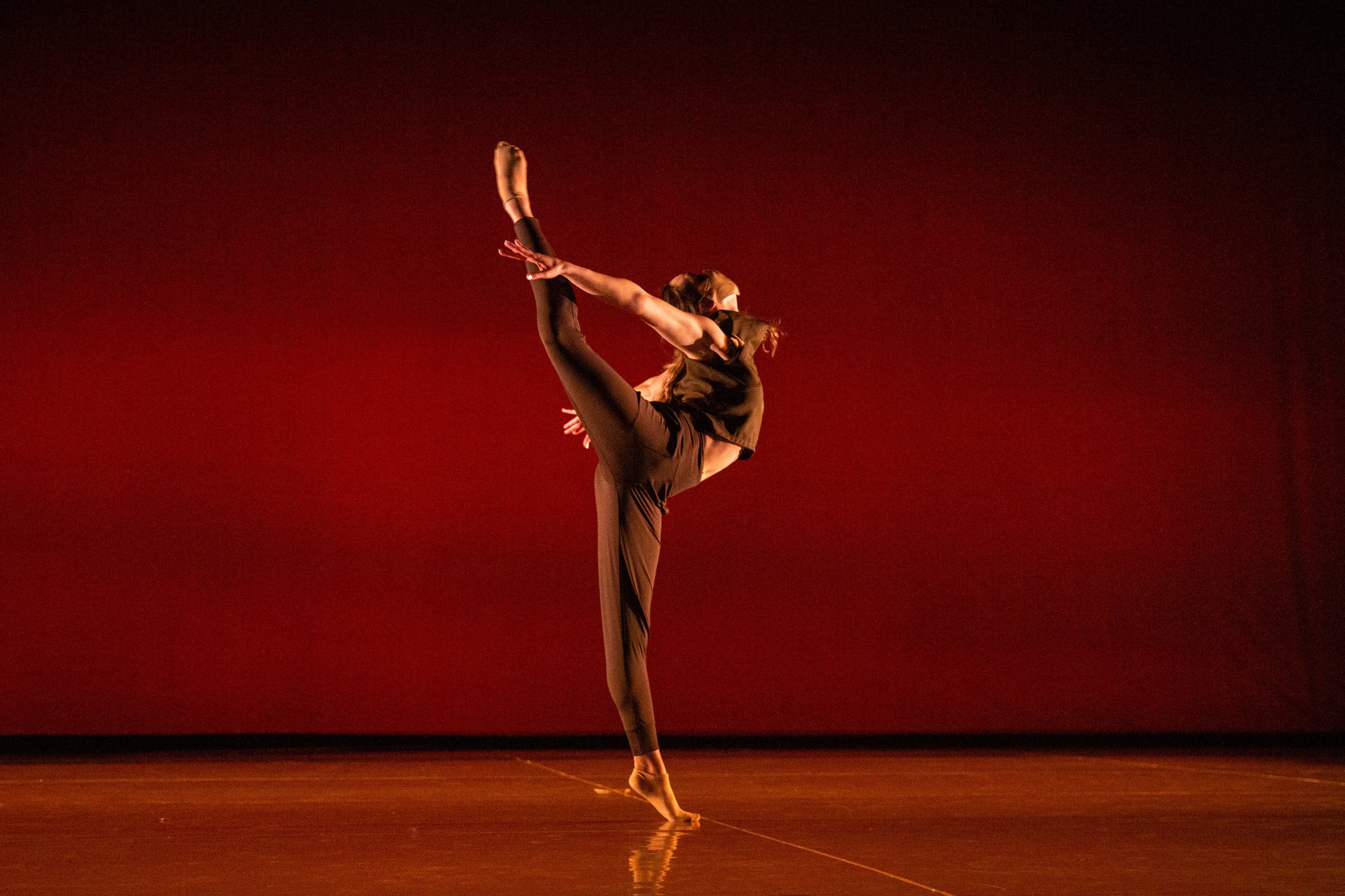
Student Feedback
Ethical Standards & Codes of Conduct
The School of Dance upholds the following University policies and statements:
University teaching should reflect consideration for the dignity of students and their rights as persons. Students as well as faculty are entitled to academic freedom and autonomy in their intellectual pursuits and development. Instructors must therefore treat students with courtesy and respect. They must not require students to accept their personal beliefs or opinions and must strive in the classroom to maintain a climate conducive to thinking and learning. They must not misuse their position, authority, or relationship with students.
The University encourages informal resolution to problems, and students are urged to discuss their concerns with the involved faculty member, department chair, dean of the college or dean of students.
When raising issues or concerns related to faculty, other students, staff, or guests it is best practice to address a conflict or concern directly with the person in question first. If possible, consider having an informal chat with the faculty and/or student with whom the issue is centered. If that is not possible, there are several reporting options available. Gossip or discussions in classes about other classes, students, staff or faculty are inappropriate because they are by nature incomplete and unproductive with regard to producing mutual learning and change.
There are many people to whom you can address questions or report concerns. Please contact the appropriate member of the School of Dance administrative team in-person or via email.
School of Dance Director
Director of Graduate Studies
Director(s) of Undergraduate Studies
You can also reach out to your SAC representative and/or SAC leader who will report to the appropriate administrative team member.
Informal Resolution
In many cases, the administrative team can serve as confidential resources who are able to hear specific complaints about an instructor, a fellow student, general attitudes in the School of Dance, and answer questions about SOD protocols or policies. Anonymous feedback is used as a way to reflect generally on our processes. If an event is reported anonymously, a discussion is initiated with the named parties to discuss and make efforts to resolve the situation. The first attempt will always be to help parties find an informal resolution by mutual consent. Upon request, the administrative team can bring the issue to the attention of the other people involved, the faculty, staff, or the upper administration. The School of Dance is not designed to investigate particular events.*
Every semester anonymized data will be collected and shared with the faculty and SAC in order to conduct ongoing evaluations of the SOD culture. In general, no further action comes from anonymous reporting.
If you provide contact information, you can expect a response time between one day to two weeks depending on the issue.
Anonymity
Retaliation is forbidden at the University of Utah and the School of Dance. University policy prohibits retaliation against an individual for engaging in protected activities, such as filing a discrimination complaint, participating in a discrimination investigation process, or requesting a reasonable accommodation for a disability. Furthermore, the School of Dance does not support retaliation in any form, including, but limited to: any change in attitude toward the person who reported, including grade changes, casting modifications/preferences, and class feedback.
Repeated and substantiated reports relating to similar complaints, may result in letters of expectation and/or reprimand issued to the other party and permanently placed in their file.
Retaliation is Forbidden
University of Utah Resources
*In the case of sexual assault, the faculty have a mandatory reporting duty to the Office of Equal Opportunity so the University can provide support for your safety and ensure you have information about your options.




